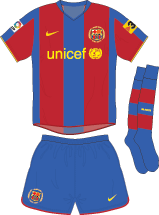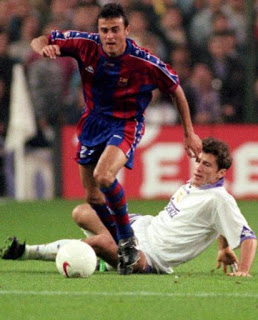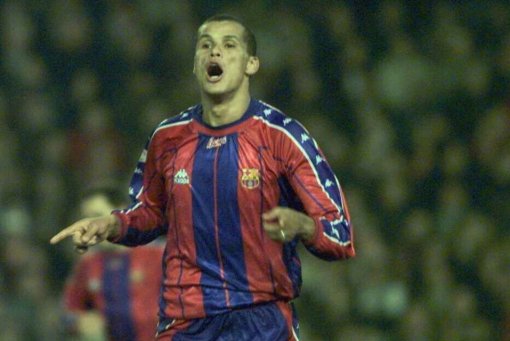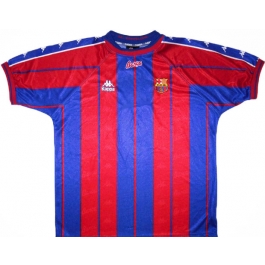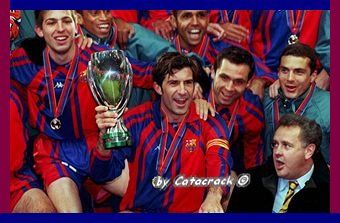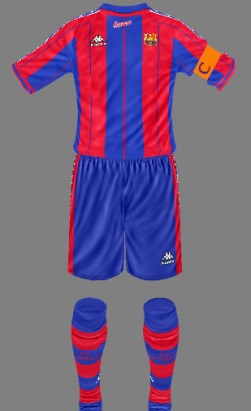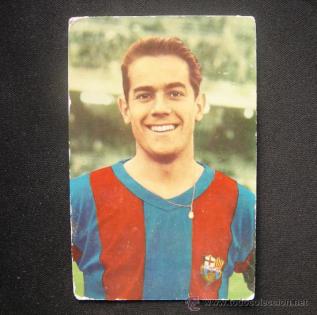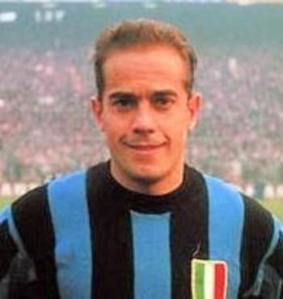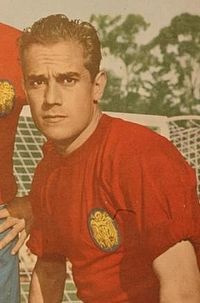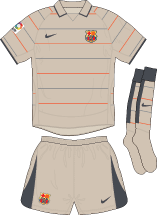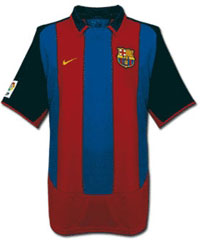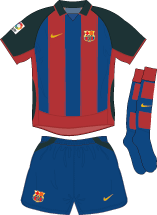Last weekend was the annual church retreat for our church, so I went into the weekend telling myself that I would not check scores, that I would not plow through my usual pile of articles, that I would not blog. Plan the work, work the plan, right. Little did I know that the weekend I took off, everything would blow up, putting my plan at risk.
Saturday saw the top of table clash in Serie A between AC Milan and Juventus. One concession I made for the retreat was to deck myself out in my scarf and my personalized Juve jersey, and I was able to maintain internet silence before withdrawing from the group late at night to watch the game with a Milan fan. We made it through a disappointing (from the biaconeri point of view) first half before our internet signal became too frustrating. I ended up reading about the game the next day and saw Matri’s equalizer late Sunday night.
Zonal Marking focused on the midfield battle during the match as well as the forward choices by Conte. I wondered why he went Quags and Boriello up front and was frustrated when Juve players tried the play to ball to their feet, which ended up in a series of turnovers. A change in formation and personnel got the Old Lady a point, who are still unbeaten and just might just do this.
Aaron gave his comments on the big game at Juventiknows. He questioned the starting line-up but praised Conte for making positive changes and for the squad having the fitness to turn the match around. I agree with him that Boriello was a strange choice and was completely outmuscled up top. As for Bonucci, he had a ‘mare and hopefully he can turn it around for the final push.
Paolo Bandini chimed in on the controversial and entertaining match between Juventus and AC Milan, noting Milan’s dominance and Juve’s resilience. He also noted the managerial news, with Reja staying at Lazio, Ranieri on the outs at Inter and Beretta taking charge at Cesena.
What a day I missed on Sunday. At lunch I checked the scores and saw that Arsenal had come back from 2-0 down to crush Spurs; United had beaten Norwich late thanks to Giggsy; and that Liverpool was down to Cardiff. And that was just inEngland.
Zonal Marking looked at the clash of formations and tactical changes made in the second half as the Gunners turned around an open match and ran out 5-2 winners over Spurs at the Emirates. Huge three points for Arsenal and cements Spurs third place position.
Following the North London Derby was the Carling Cup Final, featuring Liverpool and Cardiff. It was also the kick off for Mid Michigan United Watch Parties at the Lansing Claddagh, which, from responses I have gotten so far, was a rousing success. I missed the back and forth of the match and the dramatic (and not well taken) penalties. Scousers enjoy this second rate trophy next year when you are out of Europe again.
As for Spain, an eventual weekend saw a couple of changes in positions in the top ten and some amazing goals and performances. I got bored during my Monday meeting at work, so I jotted down some notes. CR7’s backheel goal, or as my friend Mike called it a donkey kick, won all three points for Real against Rayo. Valencia lost again as their poor 2012 form continues. Malaga got three vital points as they clobbered bottom of the table Zaragoza, while Levante stunned Espanyol. Barcelona beat Atletico Madrid 2-1 in a match that featured three great goals from Alves, Falcao and Messi.
Meg Ryan opened her recap of the Barcelona with this statement: one thing does not have to be questioned any longer — the dedication and strength of this team. The Blaugrana met an organized, physical opponent, who despite not seeing much of the ball, made things difficult on the visitors. Another sublime moment from Messi sealed the three points after an intense game which demanded the most of Pep’s men.
Looking ahead to next year (trust me I didn’t pay attention at this meeting) I see it shaping up this way: Real Madrid will continue to be a strong presence, grinding out maximum points against everyone except Barcelona, who will be in interesting position next year in terms of fitness, depth of squad and motivation. If Valencia can strengthen their squad and improve consistency in form (and not run over themselves with cars), I could see them pushing FCB for second next season. Just thinking.
Los Merengues are doing exactly what Barca did last year, going on a long streak of maximum points which ensures a big enough gap for any slips in the second half of season. Last season the Blaugrana lost early to Hercules and then went unbeaten in 30 some games to create a gap that allowed them to take the foot off the gas in the league and win the Champions League. Real is in the midst of the same thing. After their hiccups against Levante and Racing in rounds in 3 and 4 , they have won 19 out of 20, with the only loss coming to FCB. This season Barcelona has dropped too many points and now the gap is unassailable.
I took a look at Valencia’s form in 2012. In eight league game thus far, they have only won a single match, drawing four and losing three. Seven points out 24 is not going to get it done. In the cup competitions, however, they have five victories out of eight, with a semi-final loss to FCB in the Copa and have made the Round of 16 in the Europa League. I guess Los Che figure third is a mortal lock so they might as well win a cup.
Sid Lowe reviewed the game between Rayo Vallecano and Real Madrid. The hosts, loudly and proudly supported by their fans, lost out to a moment of genius, magic, absurdity from CR7, but they will continue on in a one of a kind ground and one of a kind experience.
Phil Ball examined Athletic Bilbao’s season thus far, from their improving league form under Bielsa, their run to Final of the Copa del Rey, and their match up against Manchester United in the next round of Europa League (First Leg March 8 at Old Trafford and Second Leg March 15 at San Mames). Plus several members of the squad have been chosen for the La Furia Roja friendly and Olympic Team. Los Leones are trending upward.
Graham Hunter put an excerpt of his book Barca: The Making of the Greatest Team in the World up at Soccernet, choosing a story of a young Messi disobeying doctor’s orders in order to compete in a Cup Final.
It looks like the Copa del Rey will be in Madridafter all, except that it will be at the Calderon instead of the Bernabeu. Based on Wikipedia and the Bleacher Report, Athletic Bilbao and FC Barcelona will play on May 25th. We’ll see.
—–
Podcasts
The guys on World Football Phone In discussed the Arshavin transfer; the nature of how clubs are run in South America and Europe; Kerrison and Giovanni dos Santos’s positions at FC Barcelona; FCB’s style and thin squad; and third party ownership.
On Men in Blazers, Rog and Mickey recapped the FA Cup 5th round and wondered what can be done to improve the competition. Plus they looked at the problems atChelsea and Arsenal.
The SI Soccer Roundtable panel examined Klinsmann’s line up for the Italian friendly which includes the possibility of Donovan and Dempsey playing together (foiled by Donovan’s illness) and a Champions League recap.
Dermot Corrigan (@dermotcorrigan) was on the Forza Football pod to discuss La Liga, including newcomers of the year, Barca’s away form and where Bilbao should put their focus this season.
—–
Jerseys
I saw this post at Football Shirts UK facebook page revealing the possible Barca home kit launch from football fashion FB page. Simply awful. A terrible PSG knockoff at best. I really hope this is not the real deal.
I recently found the site Mao’s Football, and he did a Euro 2012 kits post that includes almost every jersey from each team going toPoland and Ukraine. Fantastic work. I’m hoping to put together a full review before tournament.



